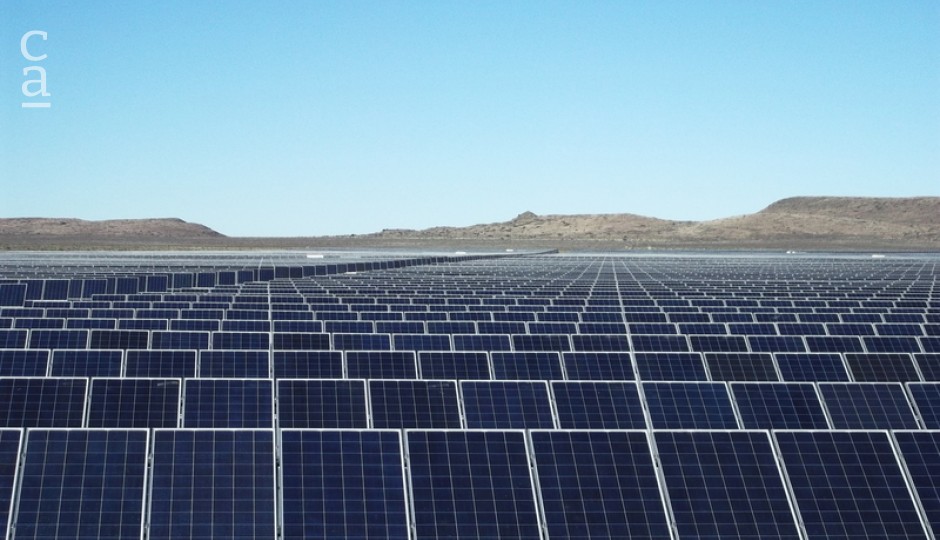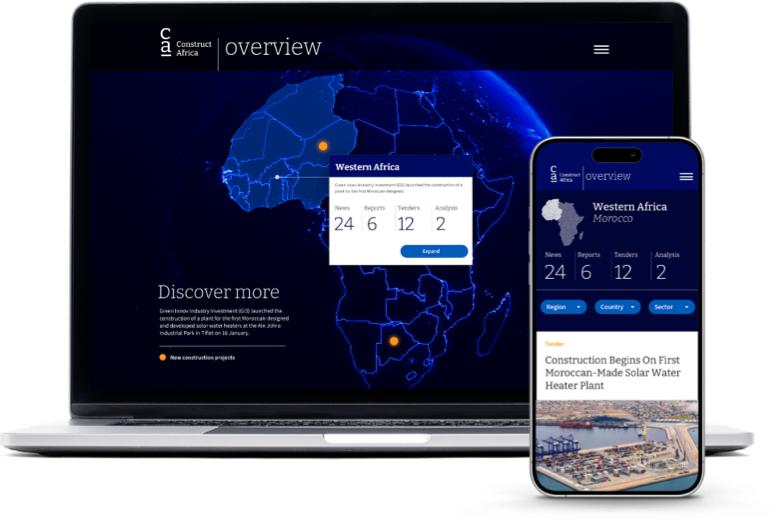South Africa Underlines Commitment To Renewables
FreeEskom and eThekwini municipality move on clean energy projects.

South Africa’s power sector has witnessed two pioneering events in its history in recent weeks.
In early August, state power utility Eskom embarked on its first renewable energy offtake programme, while the eThekwini municipality of the KwaZulu-Natal province later that month became the first municipality to receive approval to generate its own clean energy.
Eskom has issued a request for proposals (RfP) from large-scale consumers to procure 291MW of solar photovoltaic (PV) capacity through long-term power purchase agreements (PPAs) from renewable energy sites that it owns. The deadline for bids is 24 October.
Successful bidders will enter PPAs ranging from 5 to 25 years for a minimum capacity of 10MW, with energy delivered in phases from multiple Eskom schemes. These projects are being developed adjacent to Eskom power station
sites, with the earliest project expected to reach commercial operation by December 2027. The RFP offers tailored solutions that meet operational requirements while contributing to South Africa’s decarbonisation goals.
According to Eskom, the renewable energy supplied under the PPAs will be delivered on a self-dispatch basis, meaning customers will receive energy as it is generated by the PV facilities. There will be no centralised dispatch control or real-time scheduling from the utility, which means consumers should operate with the understanding that supply availability will depend on irradiation profiles and weather conditions. Buyers will be responsible for balancing their remaining demand requirements through other sources or Eskom supply channels.
Eskom said the programme was established following an expression of interest (EoI) process and extensive engagement with commercial and industrial customers, which showed strong demand for direct contracting through long-term PPAs.
The utility’s dedicated renewable energy business will accelerate deployment, targeting 2GW of construction-ready projects by 2026, with plans to scale up to 32GW, including green hydrogen, by 2040. It is aiming to transition its generation mix from predominantly coal to a blended portfolio featuring an increasing proportion of clean energy sources by 2040.
“This is the next step in the focused execution of our strategy to integrate additional renewable energy into the grid, in line with global electricity industry trends for environmentally sustainable solutions that support broader decarbonisation objectives,” said Eskom group CEO Dan Marokane.
“Just over a year into our turnaround strategy, we are not only focused on ending loadshedding but are also pivoting Eskom into a sustainable and competitive company while ensuring security of supply through a customer-centric approach.”
The Eskom RfP can be viewed here.
Meanwhile, eThekwini municipality’s approved renewables programme will enable it to procure 400MW of new capacity comprising 100MW PV and 300MW of gas-fired power. The focus is on dispatchable, reliable and low-carbon energy technologies that will strengthen the city’s energy resilience.
The procurement process will be rolled out in phases, with the RfP for PV to be issued in December and construction expected by September 2027. The gas-to-power RfP will be published in 2026, with further details to be announced in due course.
The programme is projected to save the municipality Rand 5 billion (US$287.5 million) over the duration of the PPAs, translating to R250 million in annual savings. It is also expected to unlock Rand 8.5 billion in private investment, create about 2,200 jobs during the construction and operation phases, and reduce eThekwini’s reliance on the national grid by 18% once fully operational.
“This initiative is not just about energy, it’s about economic growth, industrial stimulation and future-proofing our city,” said eThekwini Mayor Cyril Xaba.
The approval of eThekwini’s clean energy initiative follows the issuance of a Section 34 ministerial determination by Electricity and Energy Minister Kgosientsho Ramokgopa that empowers municipalities to procure their own power.
At a briefing on the outcome of eThekwini municipality's application, Ramokgopa said the authority was the first and only municipality in the country so far to embrace the electricity regulation act and that it could become a template for other municipalities. The minister said the other municipalities would be displaced by private players if they failed to act now.
“What is happening in the South African electricity market is that there are private generators and they are picking [the] cream [of the pie],” said Ramokopa. “So they enter into bilaterals with some of the big consumers, reliable consumers, diligent consumers.
“If municipalities don't move … they are going to find that in the next five years, their best consumers will be taken off; they will be provided for by private sector. They are going to sit with those who can't afford and that is a recipe of collapsing municipalities from a revenue point of view and they will not be able to deliver their services.
“So, the sooner they embrace this dispensation, the better. There is nothing bigger than this in the local government as it relates to the electricity sector.”
Photo: Solar panels (© Douw Jager | Dreamstime.com)
Discover
myConstructAfrica
Your one-stop-shop for information and actionable intelligence on the construction and infrastructure pipeline in African countries
- News, analysis and commentary to keep up-to-date with the construction landscape in Africa.
- Industry Reports providing strategic competitive intelligence on construction markets in African countries for analysts and decision-makers.
- Pipeline Platform tracking construction and infrastructure project opportunities across Africa from conception to completion.
- Access to contact details of developers, contractors, and consultants on construction projects in Africa.
- News and analysis on construction in Africa.
- Industry Reports on construction markets in African countries.
- Pipeline platform tracking construction and infrastructure projects in Africa.
- Access to contact details on construction projects in Africa.


